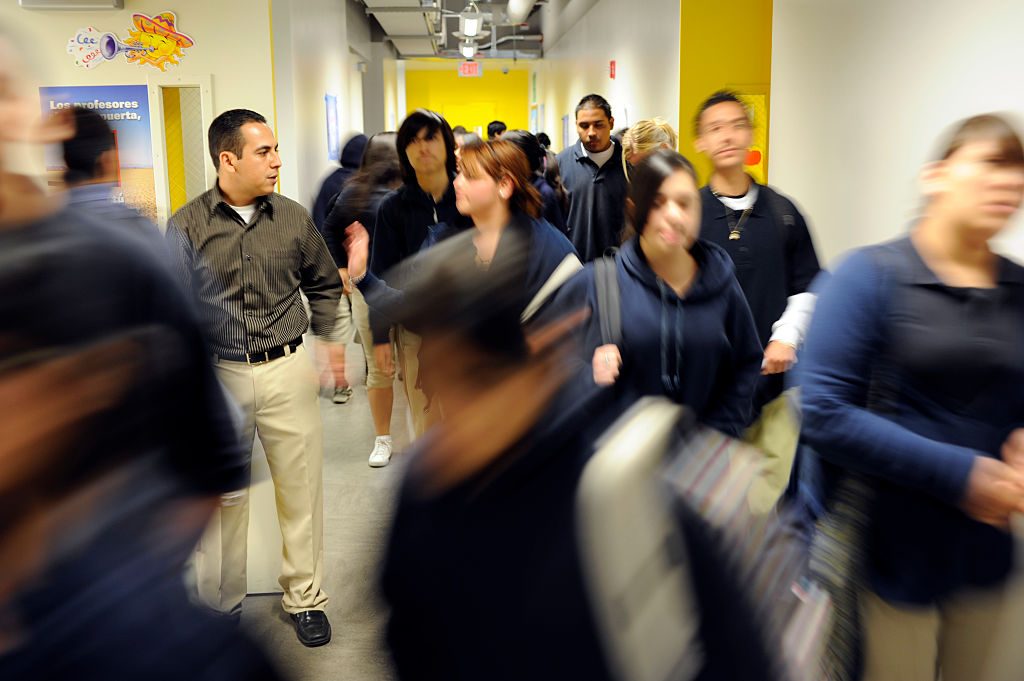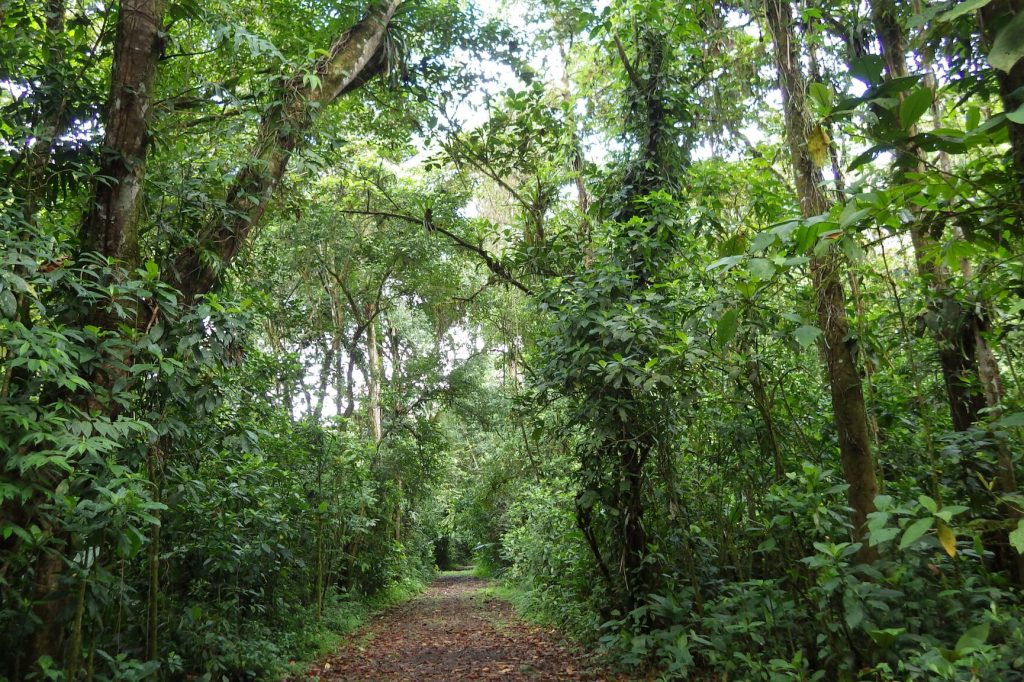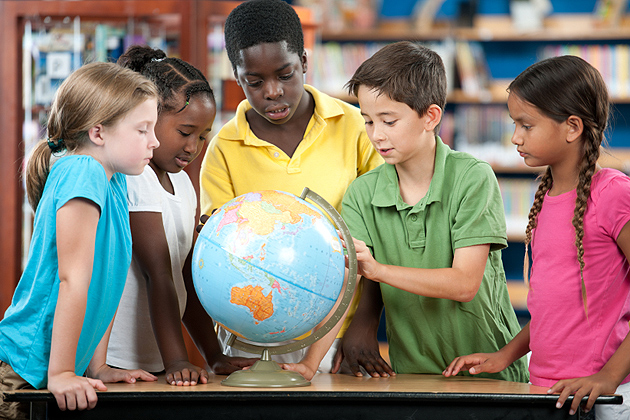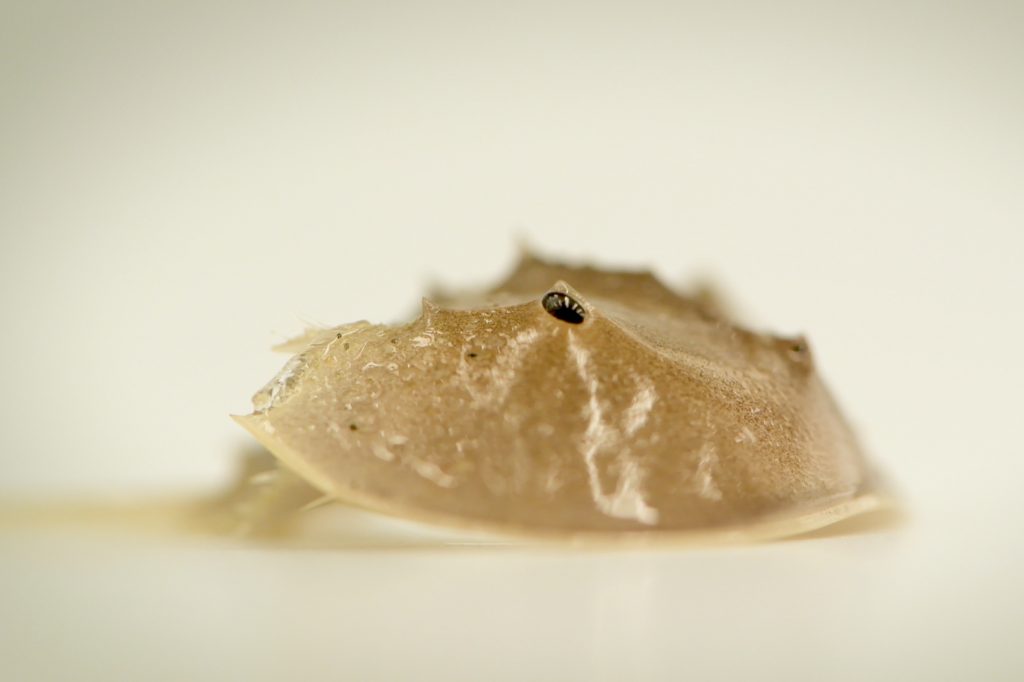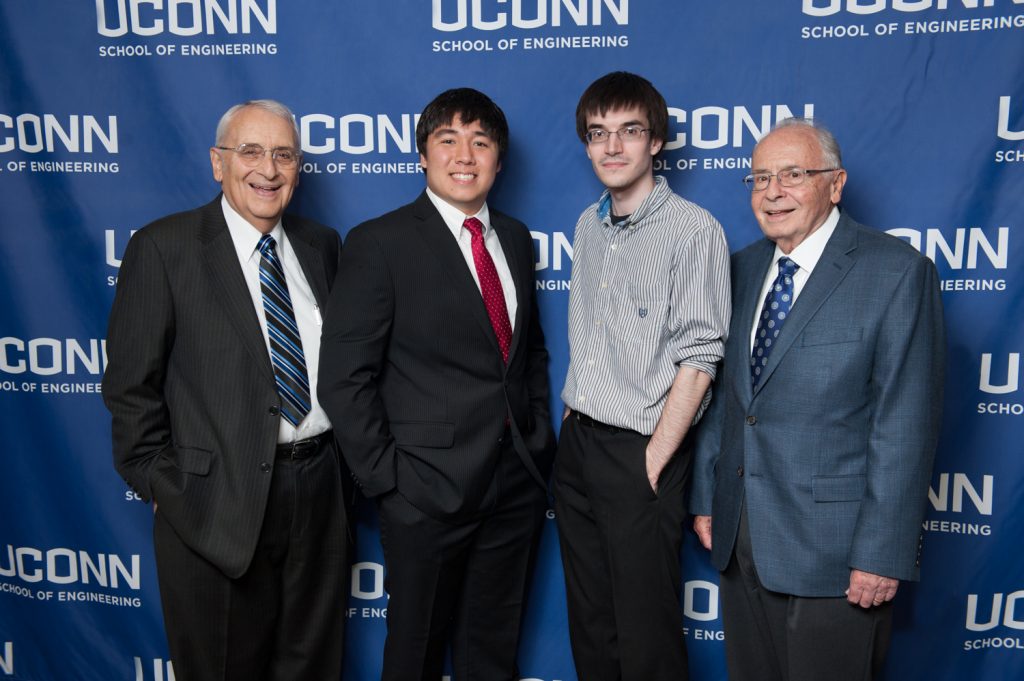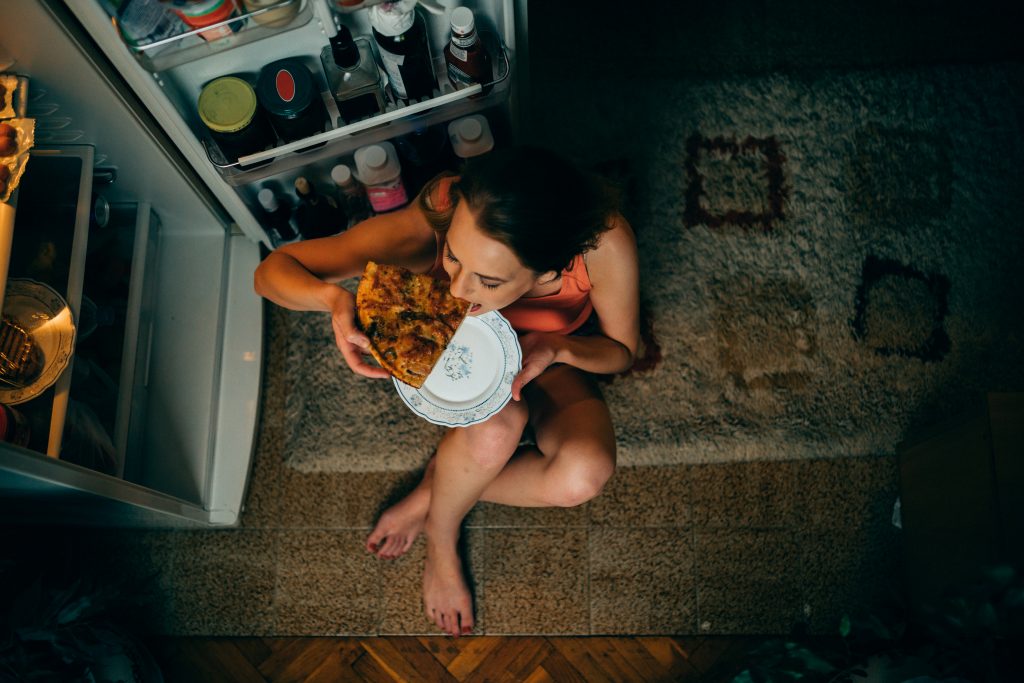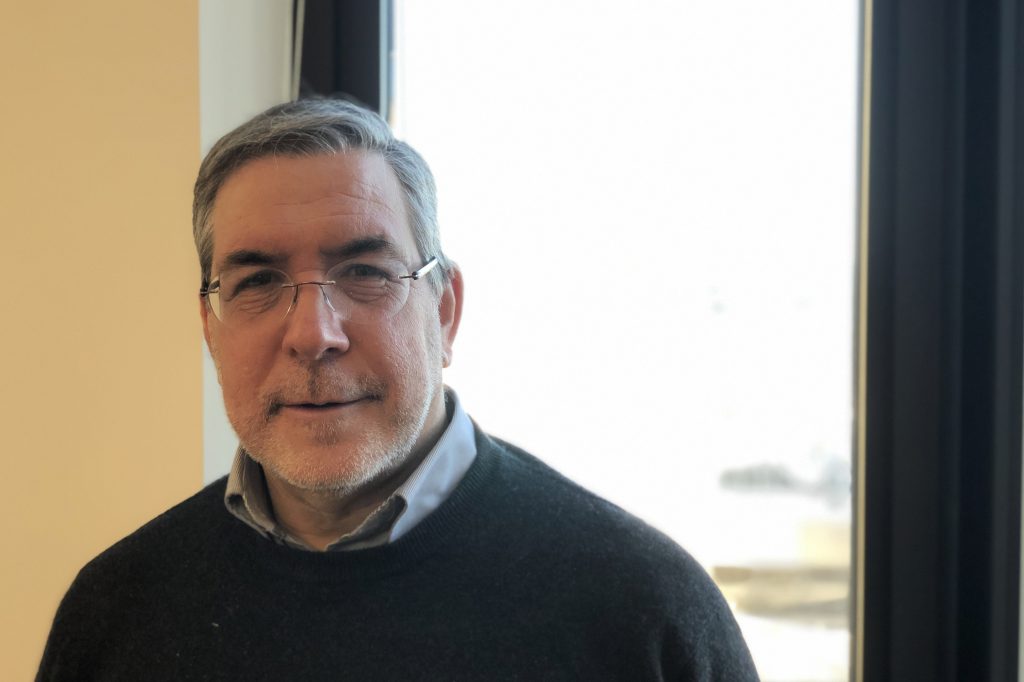Research & Discovery
Report Recommends Ways to Promote Equity in Charter Schools
The federal government should grant awards to charter schools that clearly describe their strategies to serve a diverse set of learners, say researchers at UConn and the University of Wisconsin-Madison.
March 7, 2019 | Jaclyn Severance
New Grant Trains Future Researchers in Communication Disorders
A team of UConn researchers has received a grant from the National Institute on Deafness and Other Communication Disorders to train graduate students and postdoctoral fellows in communication disorder research skills and methods.
March 7, 2019 | Anna Zarra Aldrich '20 (CLAS), Office of the Vice President for Research
Tropical Forests Naturally Regrow Quickly, But Without Species Variety
Forests recover growth in a few decades, but it may take centuries before the species diversity returns to the original composition, according to a study co-authored by Robin Chazdon of UConn.
March 6, 2019 | Combined Reports
Phosphorus Leaching? Not on UConn’s Turf
The Connecticut Institute of Water Resources has granted funding to two UConn researchers to study phosphorus leaching from lawns treated with organic compost.
March 6, 2019 | Anna Zarra Aldrich '20 (CLAS), Office of the Vice President for Research
Incorporating Cultural Responsiveness into Positive Behavioral Interventions and Support Framework
Researchers from the University of Alabama and UConn's Neag School of Education have received a $2.4 million grant to incorporate cultural responsiveness into the SWPBIS (Schoolwide Positive Behavioral Interventions and Support) educational framework.
March 5, 2019 | Anna Zarra Aldrich '20 (CLAS), Office of the Vice President for Research
Horseshoe Crabs: How Did They Get an Exception?
How they've managed to stay the same is a great mystery. Now, researchers at UConn are assembling a detailed map of the horseshoe crab’s DNA, to learn why these 'living fossils' seem frozen in time.
Brothers Establish UConn’s First Cybersecurity Instructional Lab
The Altschuler Cybersecurity Lab will be the cornerstone of UConn’s effort to graduate engineers with expertise in cybersecurity, said Kazem Kazerounian, dean of engineering.
March 1, 2019 | Kristin Dumont, UConn Foundation
UConn Study: Junk Food Purchases Increase after Recreational Marijuana Legalization
New research by a UConn economist found a link between state recreational marijuana legalization and increased consumption of certain high-calorie foods.
February 28, 2019 | Jaclyn Severance
Meet the Researcher: Mark Litt, UConn Health
“Why do we do that?” Substitute “do that” with any number of behaviors: smoking cigarettes even though we know it’s bad for us, drinking too much, picking up a vaping habit, and you have what Mark Litt has dedicated his life to investigating. Litt, a professor of oral health and diagnostic sciences and psychiatry in […]
February 28, 2019 | Anna Zarra Aldrich '20 (CLAS), Office of the Vice President for Research
Meet the Researcher: Mark Litt, UConn Health
UConn Health professor Mark Litt has dedicated his career to investigating why we engage in behaviors like smoking that we know are harmful to our health.
February 28, 2019 | Anna Zarra Aldrich '20 (CLAS), Office of the Vice President for Research
